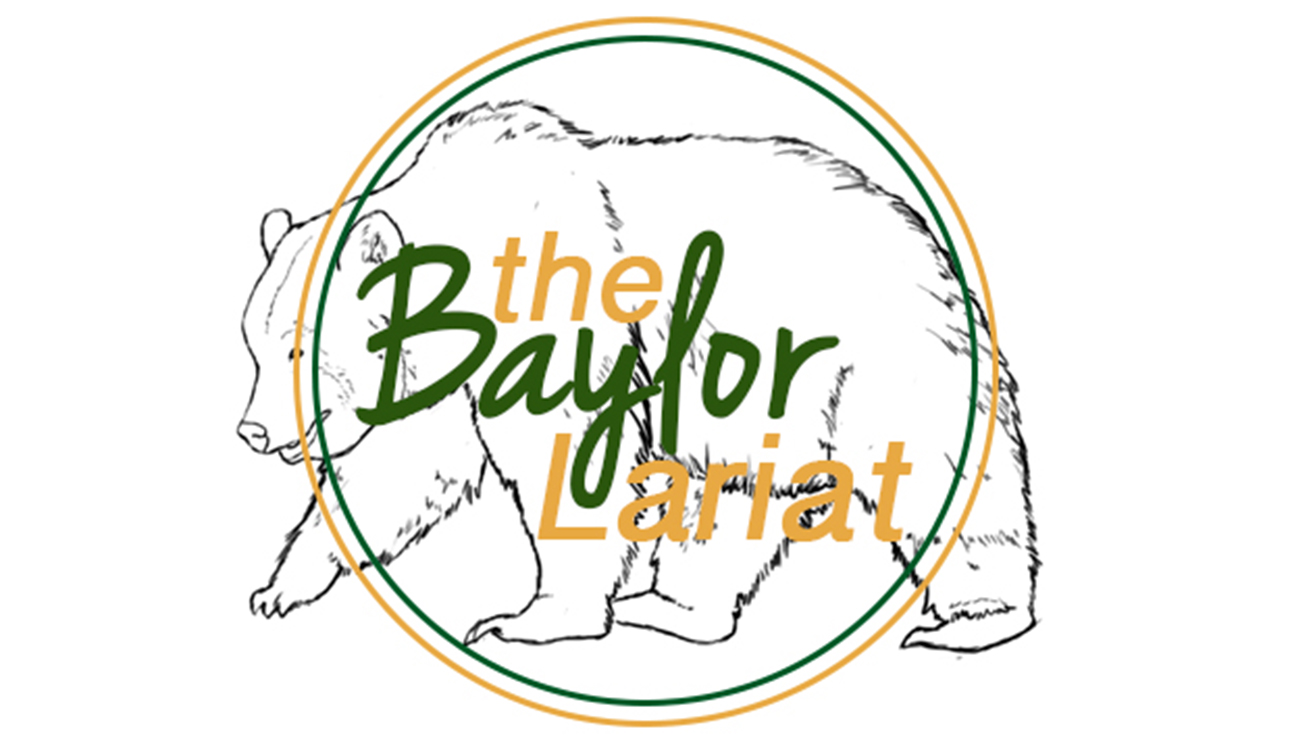By Jon Platt
Reporter
Baylor students and faculty gathered Wednesday evening to discuss racial tension in light of the shooting of Michael Brown in Ferguson, Mo.
“This is a topic that has been on everyone’s minds, maybe since Trayvon [Martin], maybe before,” said Ramona Curtis, director for civic engagement and educational development. “We need to talk about it. To no longer be separate, that’s our goal.”
Curtis served as the moderator of the panel. At the end of her introductory remarks, Curtis recalled a quote from Dr. Martin Luther King Jr.
“Men often hate each other because they fear each other; they fear each other because they don’t know each other; they don’t know each other because they cannot communicate; they cannot communicate because they are separated,” King said, over 50 years ago.
The text of this quote and pictures from the events in Ferguson were displayed during the following discussion. Joining the audience and Curtis was a diverse panel of students, faculty and staff from Baylor.
Brad Wigtil, interim Baylor police chief, was there to provide insight into the incidents in Ferguson from a law enforcement point of view.
“I think it’s very important that a community’s crime problems are not the sole responsibility of the police department,” he said. “It’s a partnership between the police and the citizens… Traditionally, it’s been solely the police’s responsibility.”
Wigtil said he would not specifically comment on the actions of the Ferguson police department because he was not fully informed. He did, however, field questions about diversity among police departments.
“It’s a good thing when the diversity of the community matches the diversity of the department,” he said.
Damian Lane, a Baylor senior from Ferguson, said he represented the heart and community of Ferguson on campus.
Lane said he can recall the precaution he took to go out at night as an black male. He said while the community of St. Louis was accepting, when a minority got into the subdivisions it became more difficult.
“If I go out somewhere, I know that my mother is more worried about what others might do,” he said. “She’s not worried about me, she’s worried about my surroundings.”
Erin Gaddis, president of the Texas NAACP Youth and College division, is a Baylor student from Rowlett. She helped to organize the event after prompting from the NAACP.
“We’ve framed this event in a way to say that every city could potentially be a Ferguson,” Gaddis said. “It’s time to have this conversation so that we’re aware of what’s going on.”
Gaddis said another purpose of the panel was to encourage students to register and vote.
“That’s where the change will happen,” she said. “Get out there and make your voice heard.”
Elizabeth Goatley, social work lecturer, joined the panel to provide perspective from the eyes of an educator and social worker. She said students can get involved by following #Ferguson on Twitter and by subscribing to the ThisIsThisMovement.org email letter. She said staying informed is necessary to help prevent the incidents like the one in Ferguson from happening in other cities.
Goatley also said churches play a key role in the aftermath of the slaying and riots.
“African-American churches have historically been the meeting ground for African American in the community,” she said. “It can be the liaison between community members and the police. But the African-American church can’t speak alone… It should be the conversation of the church at large. The church has a special role. It should be a safe haven.”
Dr. Mia Moody-Ramirez, associate professor of journalism, public relations and new media, shared her perspective as an author of a book on racial profiling.
Moody-Ramirez said the panel was a step in the right direction to acceptance and diversity. She also said that having NAACP representation on campuses and having diverse advisers, faculty members and faculty are all ways to help improve for the needs of diversity.
“We need to have all those things for greater diversity,” she said.






